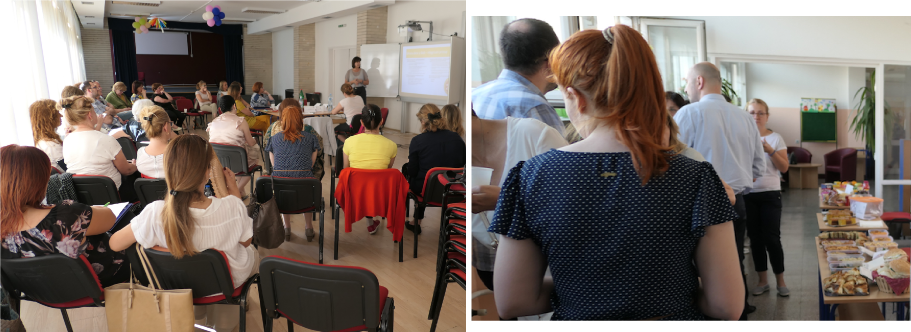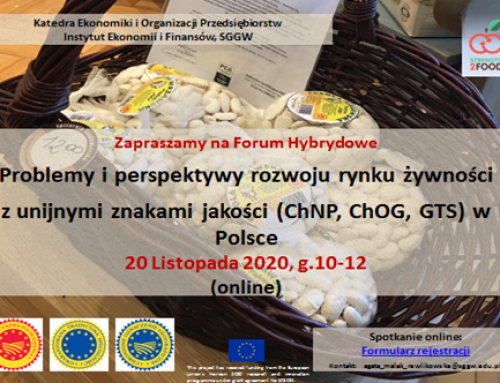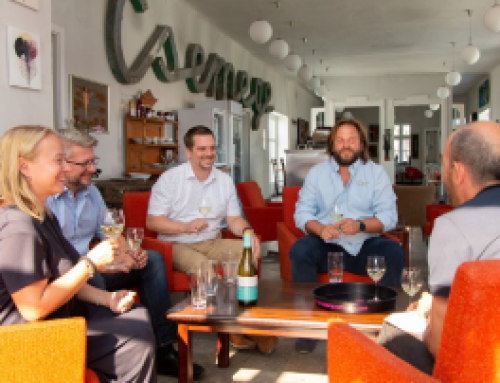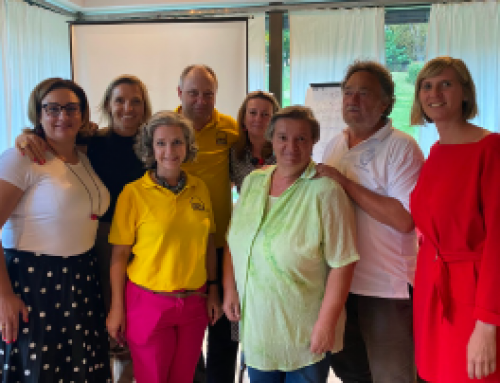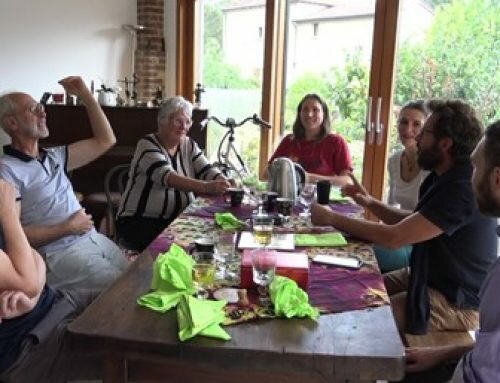On June 4th, Strength2Food held its Hybrid Forum (HF) in Belgrade, Serbia in one of the schools taking part in the project’s WP9 school meals pilot scheme. Coordinated with the help of the school’s director Jole Bulatović, the event took place from 15:30 until 20:00, which meant that a few curious children were milling around while setting up for the event.
The theme, “Developing regulations for standards on the quality of food in primary schools,” was in honour of the project’s Ministry of Education and Science partner. As a working group within the Ministry was finalising its recommendations, this was the last chance for input from school stakeholders to be taken into consideration.
This second HF attracted 36 participants, and if it had not been for the pressure of end of term activities during the first two weeks of June more schools would have sent representatives. Nevertheless, 12 of the schools were represented, with participants travelling from as far as Loznica (150 km), Novi Sad, Valjevo and Mionica to get to the event.
The format was as for the previous HF with a round table of key speakers presenting their thoughts on the theme for around 10-15 min, with other participants sitting outside the square, facing the discussion and two of the speakers who had PowerPoint presentations. The seven key speakers included a representative of the Ministry of Education, an expert in procurement Law, two speakers representing the health services in Valjevo, and one of our school coordinators.
Also, of relevance for the Ministry’s new regulations was Dr Milka Popović from the Institute of Public Health, Vojvodina. She presented information on the current status of child nutrition, which shows a trend for reduction in the intake of essential fats and protein and an increase in carbohydrates, leading to increased childhood obesity. The final key speaker was the director of our host school, who announced that the school now has fruit and vegetables supplied by a producer cooperative, though problems with the low level of interest in the food procurement tender have been a frustration.
As before, we had a display of school food for sampling during the break, and it was good to see several school cooks vying to find out who had brought the tastiest offerings. It was clear that school dinners can be appealing to the eye as well as tasty. Indeed, one school chef from Novi Sad said his children prefer the way he makes some foods to the way the same foods are prepared at home, so it can be done!
The general discussion session was lively and continued to the end of the HF. As previously, the key role of parents in determining their children’s food habits was raised. Amongst the audience was a representative of the Association of Parents and Teachers, who was very supportive of the project’s work and will be a valuable future ally for us.
The school cooks in the audience passed on their experiences and success stories at getting children to eat school meals. A school cook from Novi Sad said he has managed to reduce plate waste to very little in the three years he has been working at the school. This contrasts with findings of the BEL representative who said plate waste, recently analysed in four Belgrade schools, was a major problem.
Although invited media representatives were not present for the HF, from follow-up media contacts, two interviews for Serbia’s main domestic TV station, RTS have since taken place; one for the daily Belgrade Chronicle programme, available in Serbian. The second interview is for a forthcoming weekly educational programme “All colours of life”.
